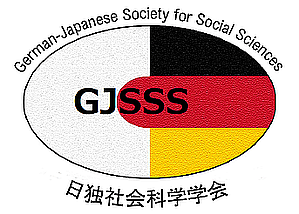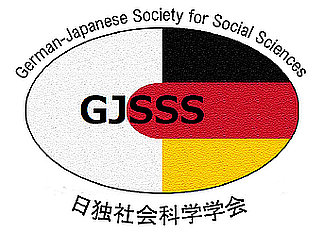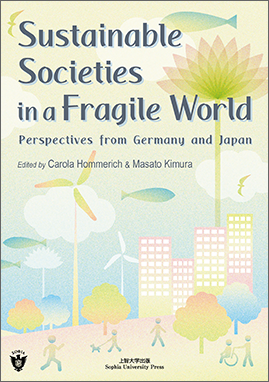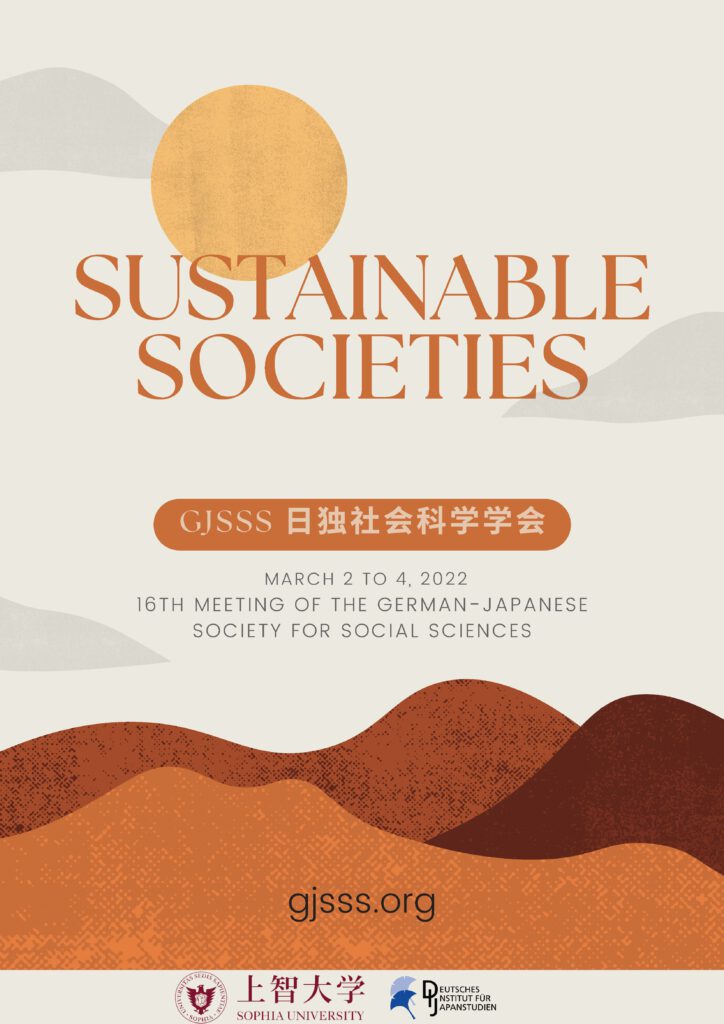17th conference of the GJSSS „Societies at the Crossroads – Germany and Japan in Comparison“
Conference venue: German Institute for Japanese Studies (DIJ), Tokyo.
Date: Wednesday, October 23 to Thursday, October 24, 2024.
The conference program can be found here….

Conference rationale
Contemporary Germany and Japan find themselves at various crossroads, caused by unforeseen incidents that struck the international system and international relations, such as Russia’s war of aggression against Ukraine, or the massacre by the Islamist group Hamas against Israel on October 7, 2023. The COVID-19 pandemic also left its traces in Germany and Japan, leading to intensified caution in human interaction (“social distance”) as well as to routinizing the use of numerous formats of online communication. The notion of “crossroads” relates to the critical junctures that both societies meet and have met in the near (e.g. Japan’s tragic “3.11”) and distant past. In view of contemporary Germany and Japan, “crossroads” refers to numerous relevant issues such as the challenges posed by artificial intelligence (AI), climate change, the so-called democratic backslide in several countries across the globe, increasing flows of trans-border migration, or policymaking under conditions of demographic change and increasing urban-rural divides. Potential topics for discussion are plenty, and will hopefully inspire all participants to reflect on problems and solutions for global and local challenges alike. The empirical cases of Germany and Japan provide fertile ground for intensive debates and exchange.



